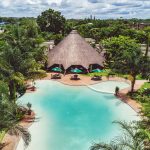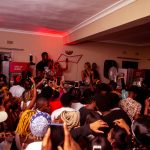Capacity Building for Relevant and Purposeful Education for Now and The Future
American International School of Lusaka

Having spent 30+ years teaching and leading in international schools globally, for children who are able to attend, owing
to the fortunate circumstance of their birth. I have had the opportunity to be involved in numerous conversations and research centered on the very nature of education, its purpose and, more importantly, why do we educate? The education system globally was developed for the masses, aside from a few tweaks, has not changed since its inception over 150 years ago. This leads us to the question: are we as educators still fit for purpose?
Schools are factory models set up to meet the needs of the first industrial revolution. It is a 19th-century model and one of obedience and compliance. We are nearly a quarter of the way through the 21st century! Although I dislike the word ‘industry’ because we, as schools, are ‘learning communities and I think the words we use are important, but for the purpose of the point, we are the only industry that has not changed and adapted to the rapid exponential evolution of our human experience on our planet. Our educational systems are holding us back. Learning doesn’t just happen in a classroom and it is lifelong. Education should help us to develop our natural capacities and help us to make sense of the world around us.
Owing to rapid changes, most notably in technology, we are preparing our learners for jobs that do not even exist yet.
The key themes in building a human learning ecosystem fit for the purpose to develop learners are: Critical Thinking, Curiosity, Creativity, Communication, Collaboration, Compassion, Composure and Citizenship. We need to actively teach these core competencies through project-based learning and not rote
learning. The latter is archaic and serves no purpose whatsoever. We must not just reform, we must radically innovate the current system in order for our future generation to be able to construct social change and to co-create, together, as one.
How might we do this? One such system is the International Baccalaureate (IB). The IB has all the attributes at the fundamental level to develop the whole person. The IB offers a whole-school curriculum framework allowing for choice upon which we can place our content and conceptual understandings relevant to our context, build deep competencies, and develop the character of our learners. The IB is a school-wide philosophy of learning and, at its core, is an aim to develop our learners to be compassionate humans who actively make a positive contribution to our world.
Here at the American International School of Lusaka (AISL), where we have a very diverse and international student body, we have used the IB framework for many years. Our learners grow in an inquiry-based learning environment that encourages: asking questions, working collaboratively, solving problems, and viewing mistakes as learning opportunities. Following a lengthy process and consultation with the entire community, we arrived for the coming school year 2022-2023, at an overall impact goal centered around three themes that will drive our strategy into the future: The AISL Community is thriving because it is innovative, inclusive, and imaginative.
We are excited about our ambitious plan as we develop it further this school year; ensuring our learners are at the forefront, leading with voice, agency, and action.



